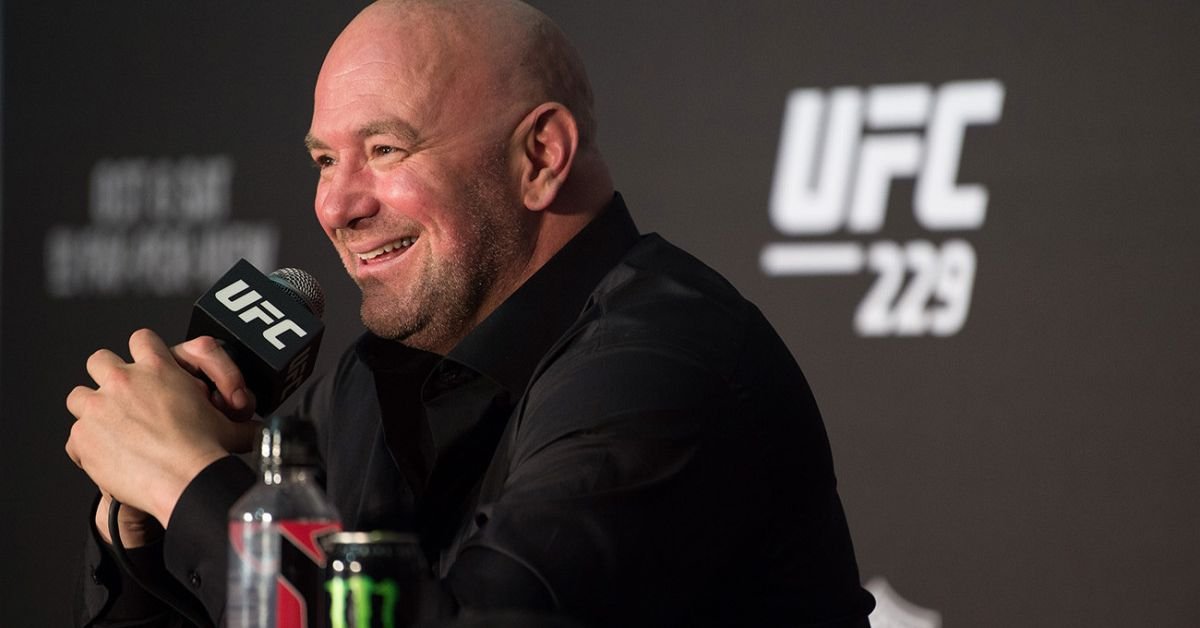Dana White, the UFC CEO, has recently voiced his thoughts on the proposed cross-promotion fight deal by PFL founder Donn Davis. This deal, touted to be worth $8 million, involves a high-profile bout featuring Kayla Harrison, who is looking to make waves after her recent unanimous decision victory over Ketlen Vieira at UFC 307.
In an intriguing twist, the PFL stirred up controversy prior to the fight by releasing a video that showcased Harrison’s only professional loss, which she suffered against Larissa Pacheco. This move did not sit well with many, and during the UFC 307 post-fight press conference, I listened intently as White took aim at these promotional strategies. He suggested that the PFL is struggling to keep pace in its rivalry with the UFC, indicating that it might be drowning in its attempts to engage an audience while squandering resources.
Donn Davis’s cross-promotion proposal involves Harrison potentially facing off against Cris Cyborg, alongside a bout pitting Larissa Pacheco against Julianna Peña. Davis has stated that he is willing to allocate $2 million for each fighter, putting forth the condition that the losing promotion would shoulder the financial burden. However, White was quick to dismiss this offer. He articulated his scepticism, suggesting that such a financial proposition may not be enjoyable for investors involved with the PFL, hinting that the logistics and operations of their organisation might not be adequate to handle such an ambitious venture.
Moreover, White also elaborated on the promotional conduct of fighters transitioning to the UFC from other organisations like the PFL and Bellator. He remarked that fighters tend to ramp up their promotional strategies once they join the UFC due to the increased exposure and robust platform we offer. This observation came in light of the controversial decisions made by the PFL, particularly their choice to highlight Harrison’s past loss in a promotional clip, a move that I found rather questionable considering the optics of the situation.
In my view, this discourse around promotional efforts in the world of MMA is critical for understanding how fighters and promotions navigate this competitive landscape. As I followed the press conference, it became clear that the PFL seeks to establish itself alongside the UFC, yet faces significant hurdles in marketing and brand recognition.
The entire episode has raised numerous questions about the dynamics of cross-promotion in combat sports. While the idea of high-stakes bouts between fighters from different promotions sounds appealing, the execution and underlying tensions between these organisations can complicate matters significantly. As the landscape continues to evolve, I remain intrigued by the potential developments that may arise from this ongoing rivalry.







